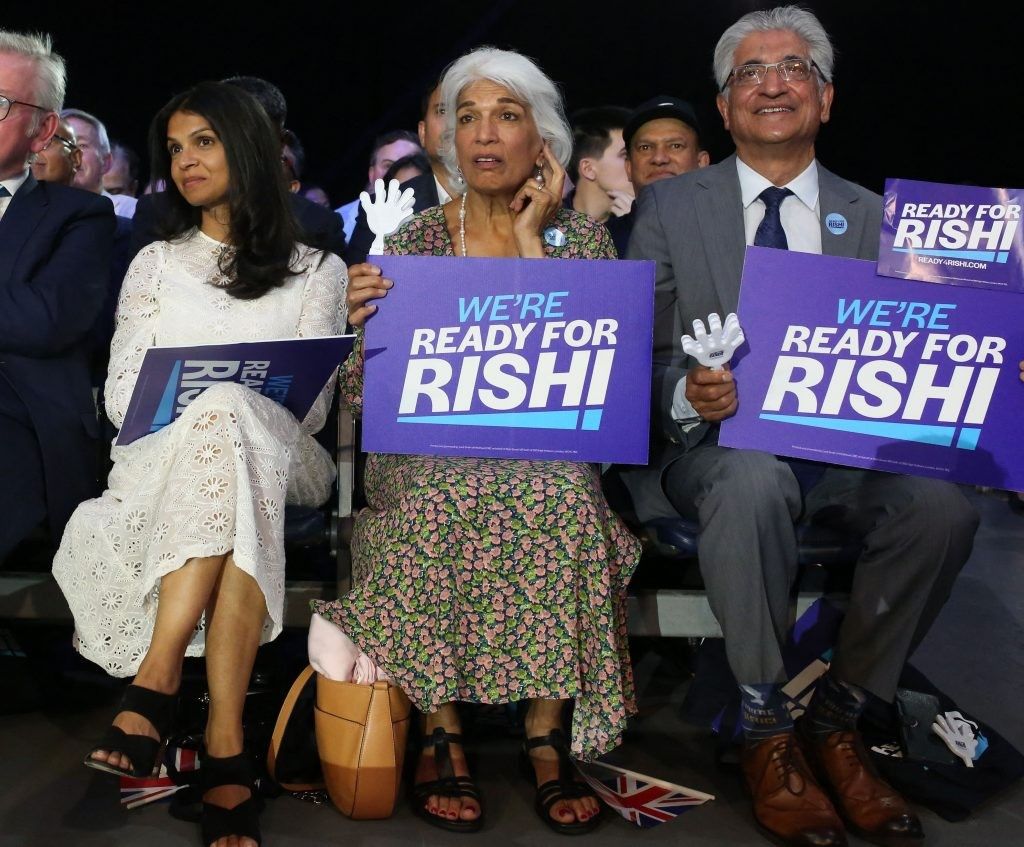British colonial troops bombed an area where prime minister Rishi Sunak’s paternal grandfather lived, according to a report in The Times.
Ram Dass Sunak was two years old in 1919, the year in which the Jallianwala massacre took place – with British troops firing at unarmed civilians who had gathered to protest following the tragic massacre in Amritsar (in the Punjab province of India) on April 13.
During the appalling events that unfolded on April 14 and 15, 1919, three aircraft dispatched from a Royal Air Force base in Lahore targeted innocent civilians, including children, the report said.
The Khalsa High School Boarding House and the town centre of Gujranwala, along with nearby villages, bore the brunt of the assault.
Historical records reveal that ten bombs were dropped, accompanied by 1,000 rounds of machinegun fire. One bomb was deliberately aimed at the school.
The Sunak family home was close to both the town centre and the targeted school, the report noted.
It reportedly took six months for the government-sponsored Hunter Committee to be established, aimed at investigating the disturbances in Punjab and other provinces.
It was through this committee that the hardships endured by the affected families were acknowledged, shedding light on their untold stories.
Dass Sunak moved to Kenya at the age of 18 in 1935, working as an accountant, and Sohag Rani, Rishi’s paternal grandmother joined him two years later.
They raised six children; among them Yashvir is the prime minister’s father.

The Sunak family left Kenya for England, where they settled in Southampton in the early 1970s.
Dass Sunak bought a four-bedroom house for £2,000 and played a pivotal role in establishing The Vedic Society Hindu Temple, which the prime minister visits, the Times said.
Dass Sunak passed away in 1980, the year in which Rishi was born and Sohag too passed away when Rishi was 23.
